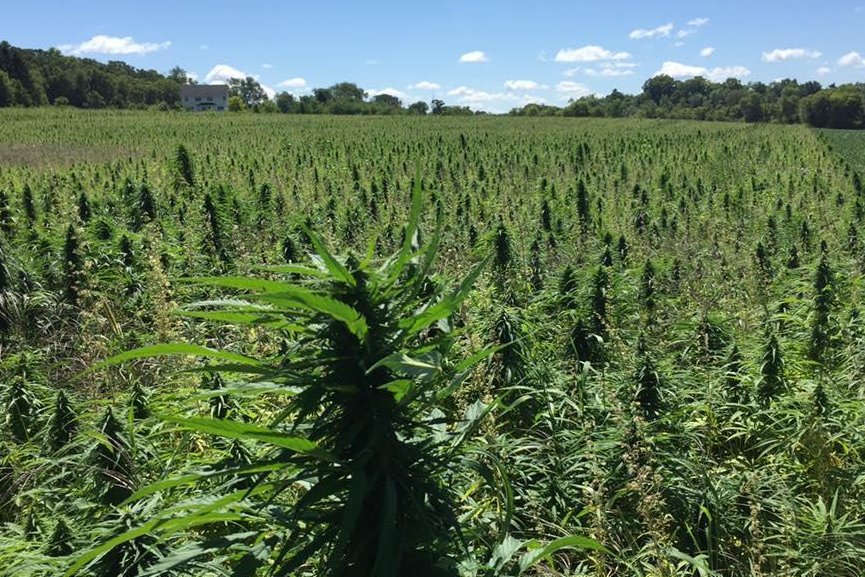Or is that hemp? In this two-part series, Darwin Millard takes the reader down the hemp rabbit hole and discusses how the global market has evolved the definition of hemp over time and the challenges posed by trying to have your cake and eat it too.
After the ratification of the UN Single Conventions on Narcotic Drugs and Psychotropic Substances, in 1961 and 1972 respectively, the term started to be used to distinguish between resin producing varieties of the cannabis plant and non-resin producing varieties of the cannabis plant.
After years of effort the “hemp” industry in Europe was successfully able to get the limit raised to 0.3% to be in line with the United States and Canada – creating the largest global trade region for hemp products.
hemp, n—a Cannabis sativa L.
This definition goes a long way to harmonize the various definitions of hemp from around the world, but it also defines “hemp” as a thing rather than as a classification for a type of cannabis plant or cannabis product.
There is no distinction between the cannabinoids, seeds, and fibers derived from a cannabis plant that can be classified as “hemp” and those derived from a cannabis plant that cannot.
Flat out it means that if you are growing a cannabis plant with a d9-THC content above the limit for that plant or its parts to be classified as “hemp”, then the entire crop is subjected to the same rules as d9-THC itself and considered a controlled substance.
have been separated from the fruiting tops and/or the resin glands, then as long as these materials meet the authority having jurisdiction’s specifications for “hemp” there should be no reason why these materials could not be marketed and sold as “hemp”.
In this segment, we looked at the history of the term “hemp” and some of the consequences from drawing a line in the sand between “cannabis” and “hemp”.
Darwin Millard is an active member of ASTM International’s technical committee D37 on Cannabis which is an international group dedicated to the development of voluntary consensus standards for the global cannabis/hemp industry.
For the past 15-years, Darwin has been focusing on the extraction and manufacture of nutraceutical products comprising of phytocannabinoids and other bioactive constituents from the cannabis plant.
For five years now, we have been hosting this complimentary collection of webinar presentations, designed to help attendees better understand some of the more technical aspects of starting and operating a laboratory.
We use tracking pixels that set your arrival time at our website, this is used as part of our anti-spam and security measures.
